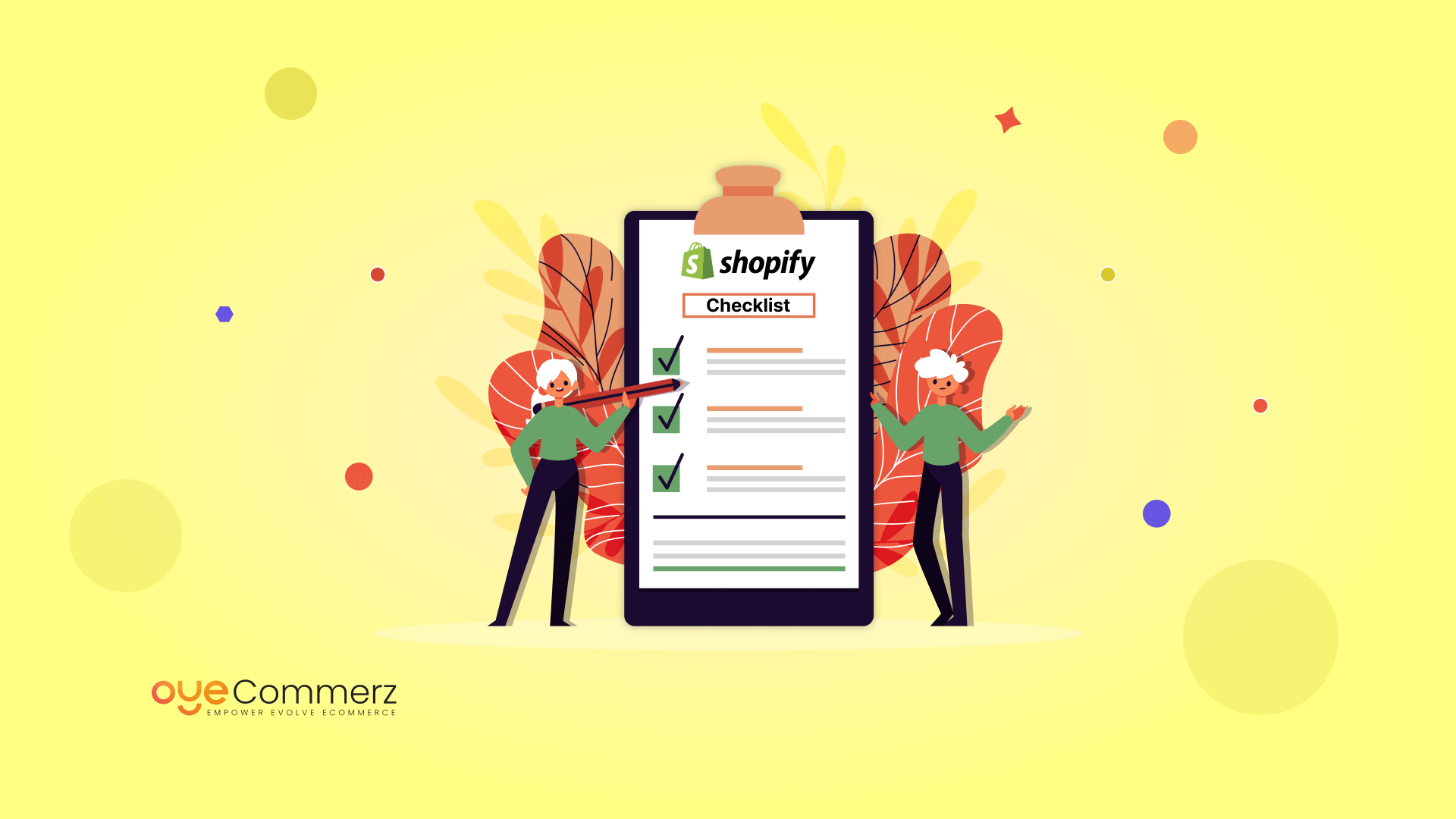Introduction
In the current competitive e-commerce landscape, standing out is essential, and one of the best ways to set apart a Shopify store is through custom app development. A robust Shopify app can enhance store capabilities, streamline operations, and boost customer engagement. This article explores essential aspects of Shopify app development, covering API integration and app ecosystem to scaling strategies and digital marketing approaches, providing a roadmap for companies seeking unmatched store efficiency.
The Importance of Shopify API Integration
Shopify’s API provides powerful tools to customize and extend store capabilities. With the GraphQL and REST API options, developers can retrieve information to build applications that manage inventory control, order processing, and customer data management smoothly. Integrating Shopify’s API can enable improved workflow automation and allows stores to serve customers more effectively.
Utilizing the Polaris Design System
Polaris is Shopify's design system for creating user-friendly and easy-to-use Shopify apps. By adhering to Polaris principles, developers ensure that apps integrate smoothly within the Shopify Admin experience. This provides a cohesive appearance that appeals to Shopify merchants, promoting ease of use and familiarity for merchants using your tailored app.
Navigating the Shopify App Ecosystem
The Shopify app ecosystem offers endless possibilities for enhancing online stores. From managing fulfillment processes to increasing customer interaction, apps in this environment are tailored to meet various business requirements. Familiarizing with this ecosystem helps developers in finding unique app ideas and allows for seamless integration of external tools that enhance the store.
Developing Embedded Shopify Apps
Embedded apps work seamlessly within the Shopify Admin, allowing a seamless experience for merchants. They ensure that merchants don’t have to leave their Shopify control panel, simplifying their process. Employing Shopify App Bridge and embedded app capabilities is recommended for providing a cohesive, well-integrated user environment.
Leveraging Node.js and React for Shopify Development
The technologies Node.js and React have become top options for Shopify app creation. This server-side Best Shopify app development practices framework enables high-performance back-end services, while React enables interactive and adaptive front-end user interfaces. Together, they provide an excellent framework for building fast, scalable Shopify apps that improve store functionality and customer interaction.
Utilizing Webhooks in Shopify Development
Webhooks enable instant data updates between Shopify and an outside application. They initiate events such as new orders or inventory updates and send instant notifications to your app. By implementing webhooks, apps can provide up-to-date information to store owners, simplifying processes and increasing efficiency.
Engaging Customers Through Digital Marketing for Shopify Apps
To ensure Shopify app success, connecting with users is crucial. Utilizing digital marketing strategies like SEO, email marketing, and social media campaigns can drive app adoption. Additionally, designing apps with customer interaction as a focus (e.g., loyalty programs or personalized suggestions) boosts user loyalty and loyalty.
Scaling Your Shopify App
As e-commerce businesses grow, so do their technology requirements. Making sure that your app can scale to handle increased traffic, larger databases, and more advanced functionalities is critical. By optimizing server capacity and using scalable technologies, you can create apps that expand in tandem with a store’s success.
Essential Features and Maintenance for Shopify Apps
For an app to be effective, it Key features for Shopify stores should include essential features like user authentication, analytics dashboard, and support channels. Regular app upkeep, with updates to fix bugs and ensuring compatibility with new Shopify functionalities, is important to maintain continuous operation and prevent disruptions to business processes.
Conclusion
Custom Shopify app development holds vast potential for e-commerce businesses, providing the ability to improve performance, streamline processes, and build customer relationships. From integrating APIs to focusing on scalability and customer interaction, creating a Shopify app involves careful planning and well-planned actions. If you’re prepared to elevate your e-commerce experience, a custom Shopify app could be the ideal choice. What features do you envision for your dream application? Share your thoughts and take the first step toward an optimized e-commerce experience!
